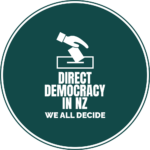Images available for logged in users.
‘Accept you lost’: Labour responds as petition for a new General Election hits 1m signatures
The people who brought you ‘Leave Means Leave’ are now banging the drum for a re-run of the 2024 General Election. A petition calling for another …

